Caroline Baum
Thank you, Caroline, for agreeing to this interview about your very recently published book, Only.
This is a candid, at times humorous, at other times very poignant, account of the lives of a family, your family, who were caught up in dreadful world events. It is a very personal memoir. Can you tell us a bit about why you wrote this memoir?
I wanted to de- clutter, the way you might de-clutter your wardrobe: I wanted to chuck out stories that no longer suit or fit me. I think that’s something that a lot of people think about in their fifties. It means you can travel lighter, and while I did not write the book as therapy, it has made me feel that I am not captive to my past or defined by the tragedies that shaped my parents’ lives anymore. What has really astonished me is how my peculiar, singular story has connected with others and found readers who can relate to it. That feels like a miracle.
One of the strengths of the memoir is that it vividly takes us to places that many of us have not experienced, in this case seen through the eyes of the daughter of the family. How did you do the research, given that many of the records would have been destroyed?
Well actually I had the archive of hundreds of my father’s letters to me, from my uni days on. He was a compulsive communicator, and while the letters used to annoy me for being pompous, long-winded and critical, they proved to be invaluable and they channel his voice very powerfully. Some of them still make me laugh out loud, they are so preposterous or dripping with sarcasm. I had also kept diaries of my own from when I was barely eight years old, and they were very funny to revisit: I was a morbid, solemn child , preoccupied with airplane crashes and disasters and I documented body counts meticulously.
An only child is often placed in the unenviable position of assuming more responsibility for family relationships than is appropriate for a small child. Only children grow often up very quickly. The challenges associated with being an only child are central to your narrative. Can you tell us a little about this theme?
Above all, I wanted to write about the only child as an adult, when you suddenly realise that there is only you to shoulder the responsibility for parents when they get sick. That was very acute for me, being so far away, as my parents lived in London. I also wanted to establish very early on the shape that defines the dynamic of the book and that is the triangle, a constant push and pull of tension between three sharp angles.
You father comes across as an enigmatic character, a pivotal figure, around whom life for you and your mother revolved. Can you briefly describe your relationship with your father, if that is possible in a few words?
Stormy and turbulent are the words that come to mind! My mother says that’s because we were too alike and I am not comfortable in admitting that she may be right. He was so complex: generous, sentimental, passionate, enthusiastic, but also a bully, controlling, autocratic, with a violent temper. Charismatic, too and in many ways larger than life. Totally impractical and very bad at picnics. He did not do casual.
You are, of course, a well known journalist and broadcaster. Can you tell us a bit about your own career path and what writing is to you?
Writing is what I have wanted to do since I was twelve. My career path has not been linear, it has zigzagged a bit between media so that I’ve worked in print, radio, tv behind and in front of the camera. I like collaboration but I also like solitude, as I am an ambivert ( half extrovert, half introvert). It’s been rich and unplanned in terms of how the opportunities have come up. I’ve never been strategic, and I like taking a risk and throwing myself in to a new situation. Highlights include being arts editor of a Sunday broadsheet newspaper from the day of its inception (the sight of blank pages to fill was a weekly thrill) and being the founding editor of Good Reading magazine, creating something to fill a void in the market and defying the sceptics.
As a journalist I was trained to write fast, but I was not fast with ONLY. It took five years because I kept being interrupted by life and tempted by jobs that were too good to resist.
Thank you Caroline. We are looking forward to hearing you speak at the St Albans Writers’ Festival.


